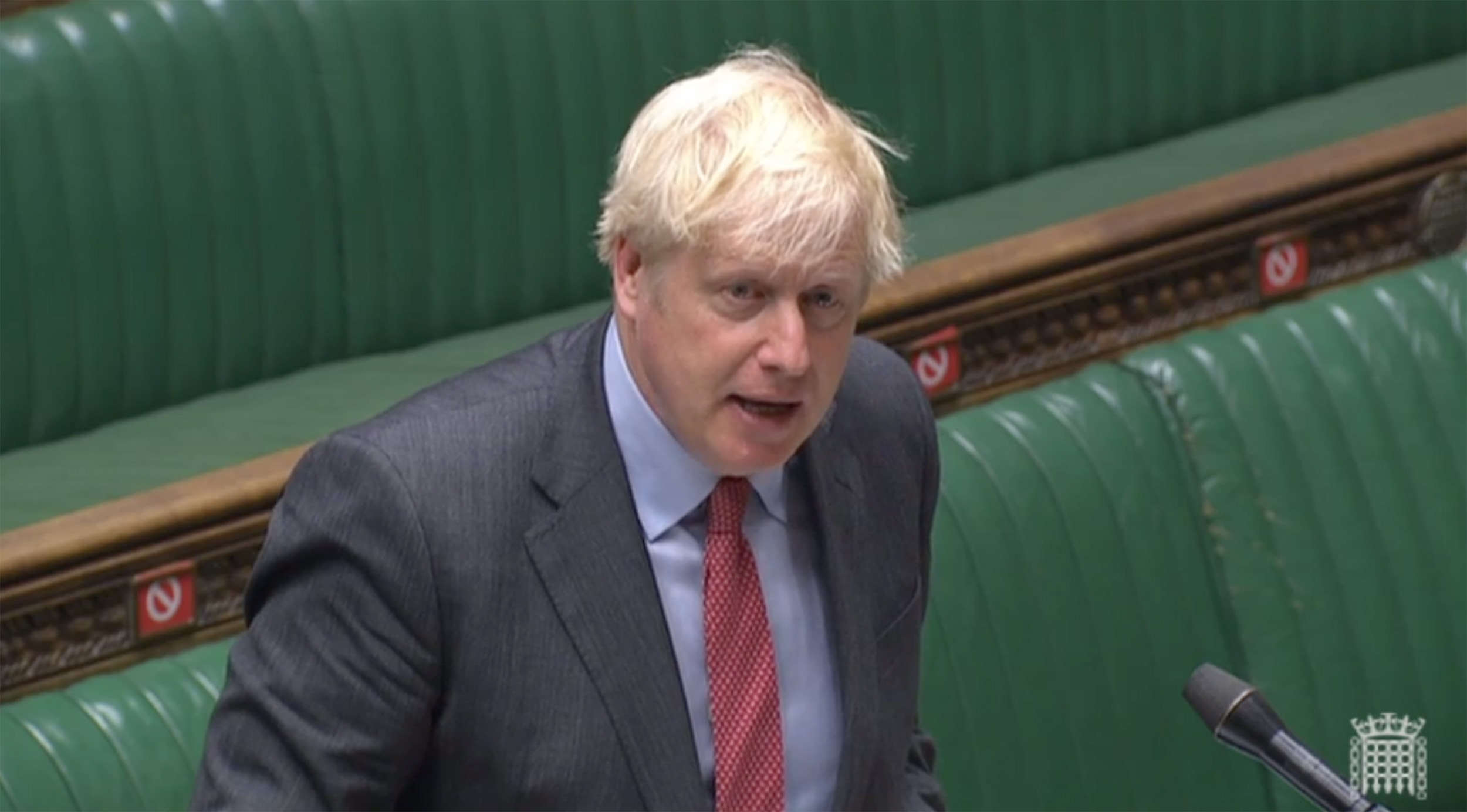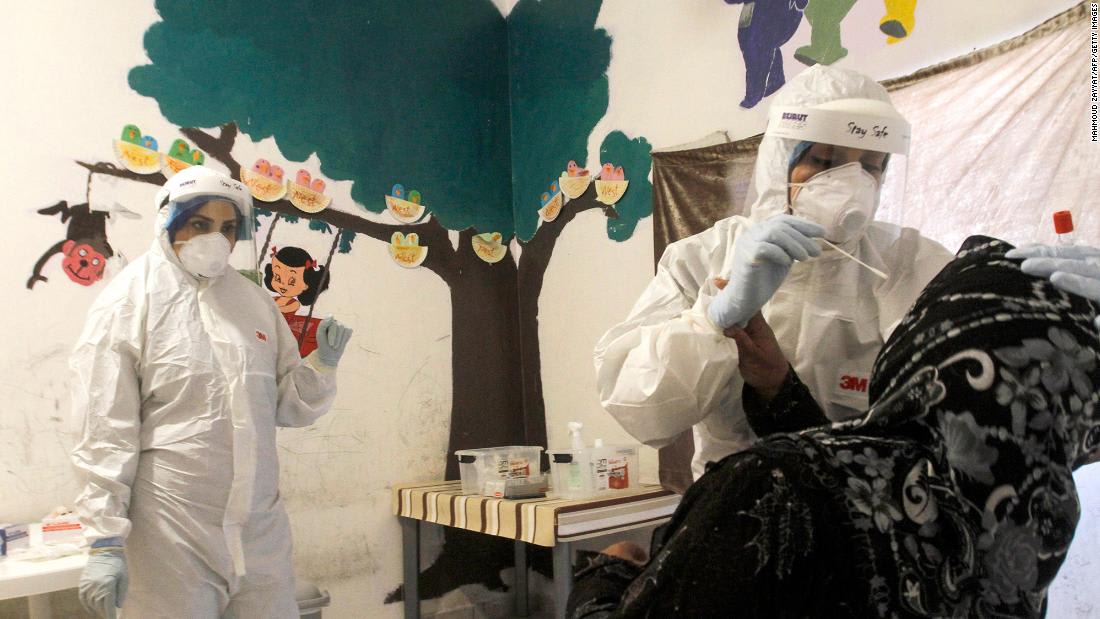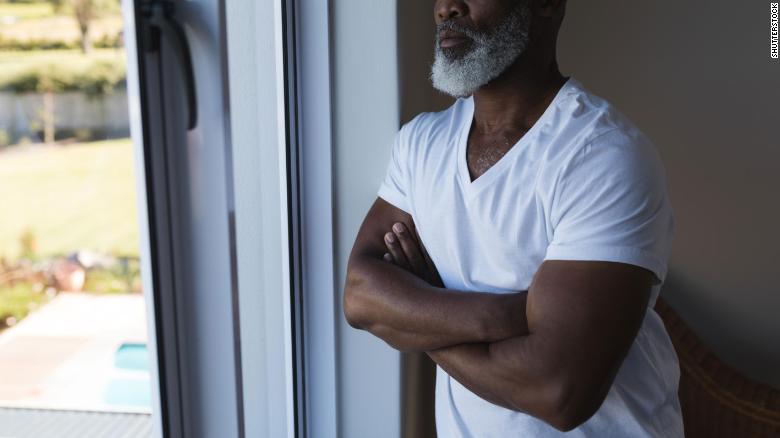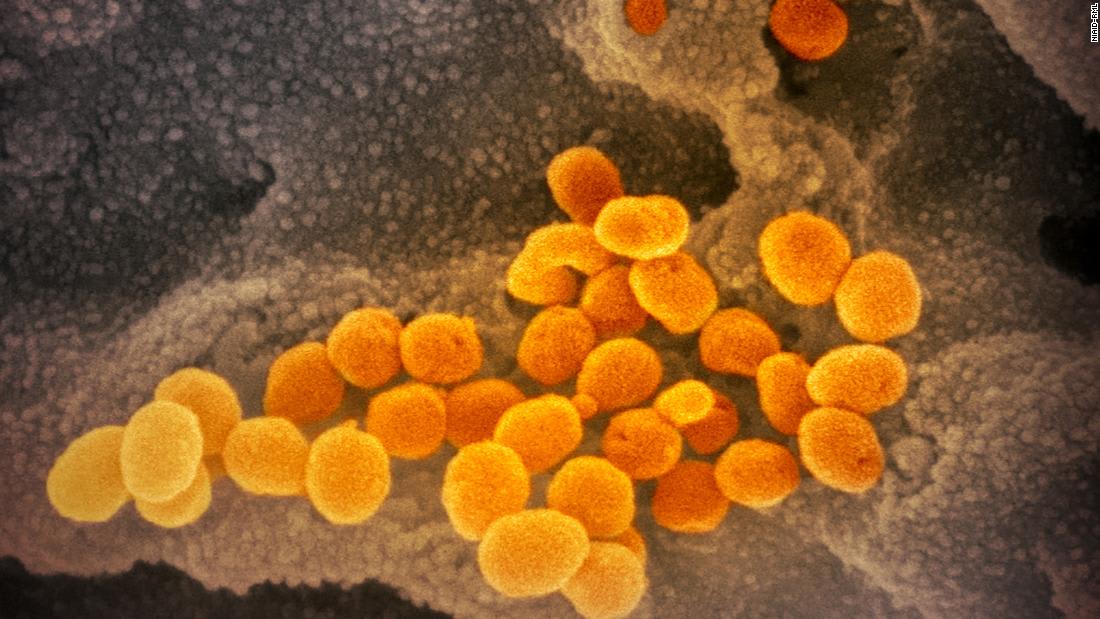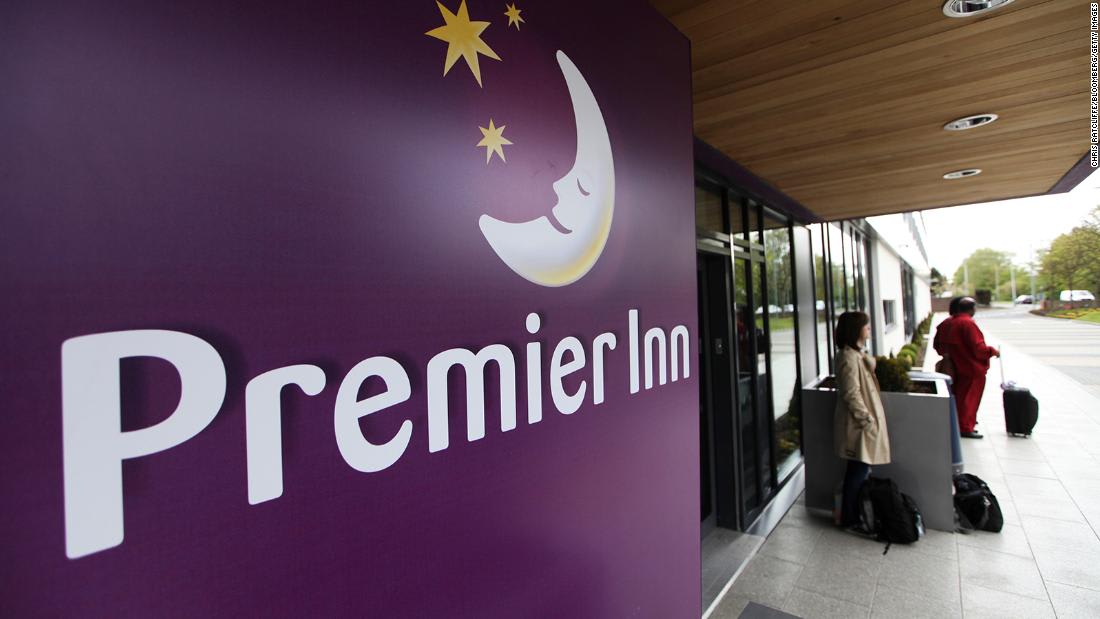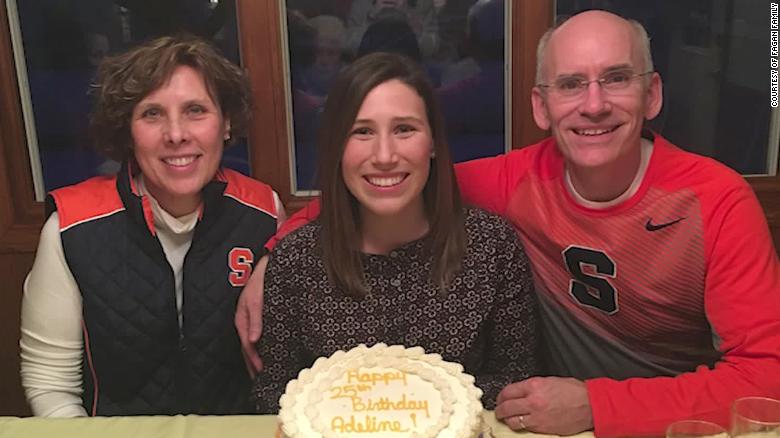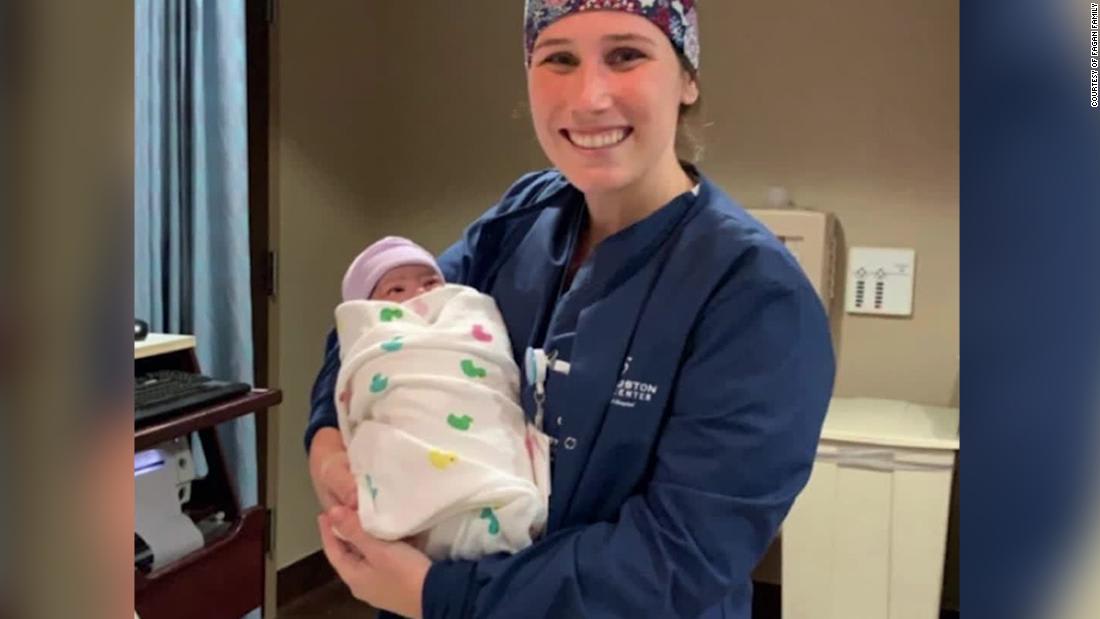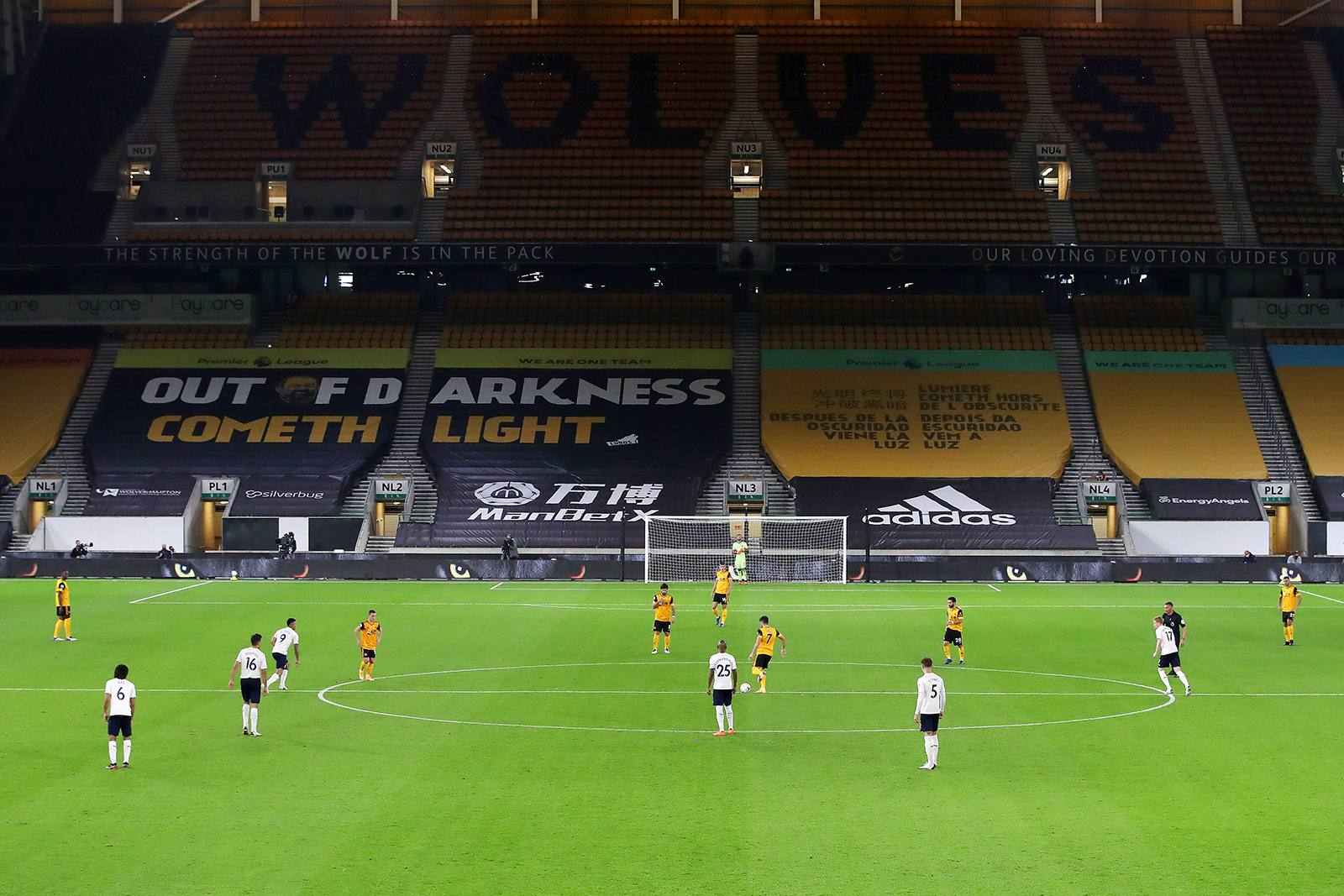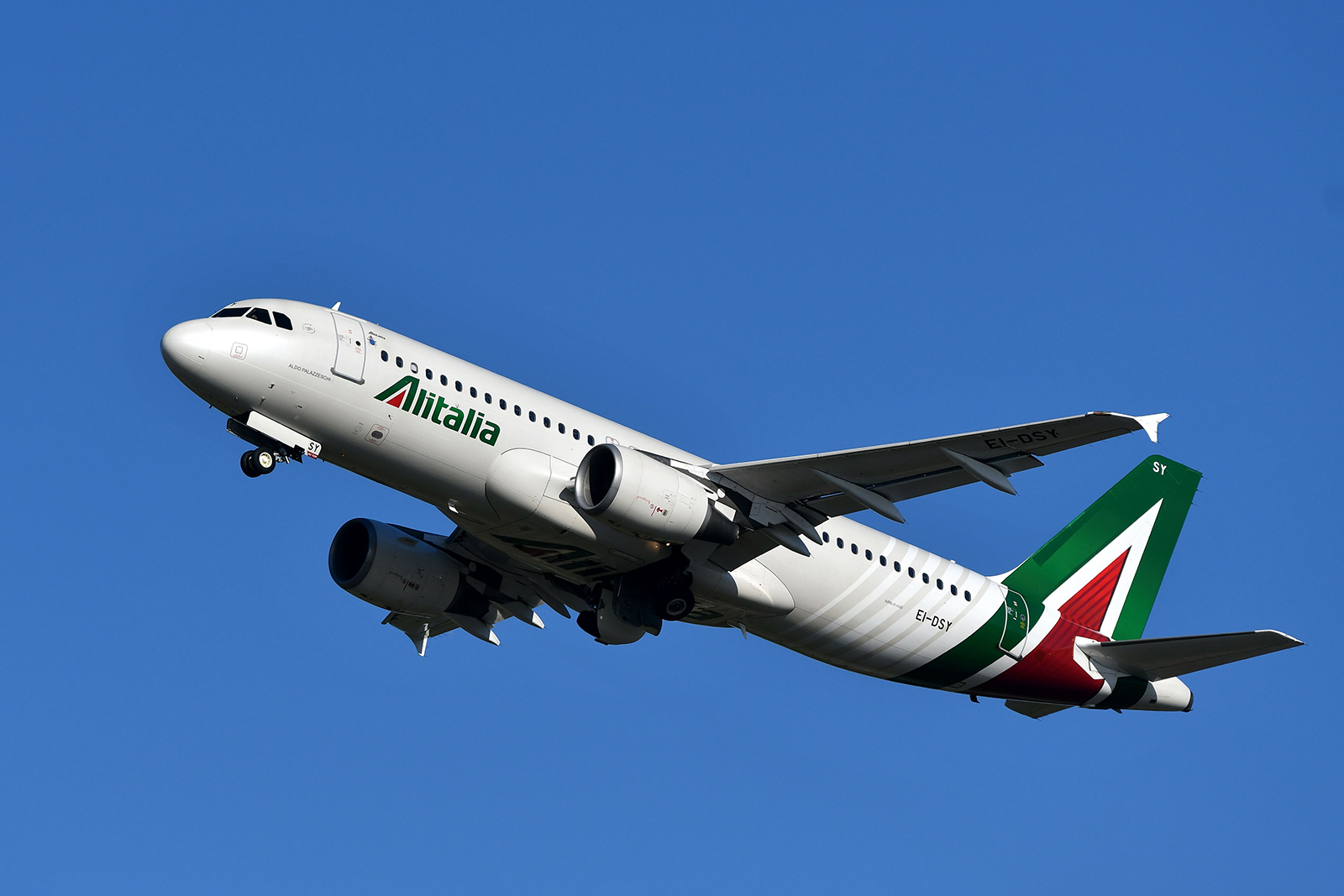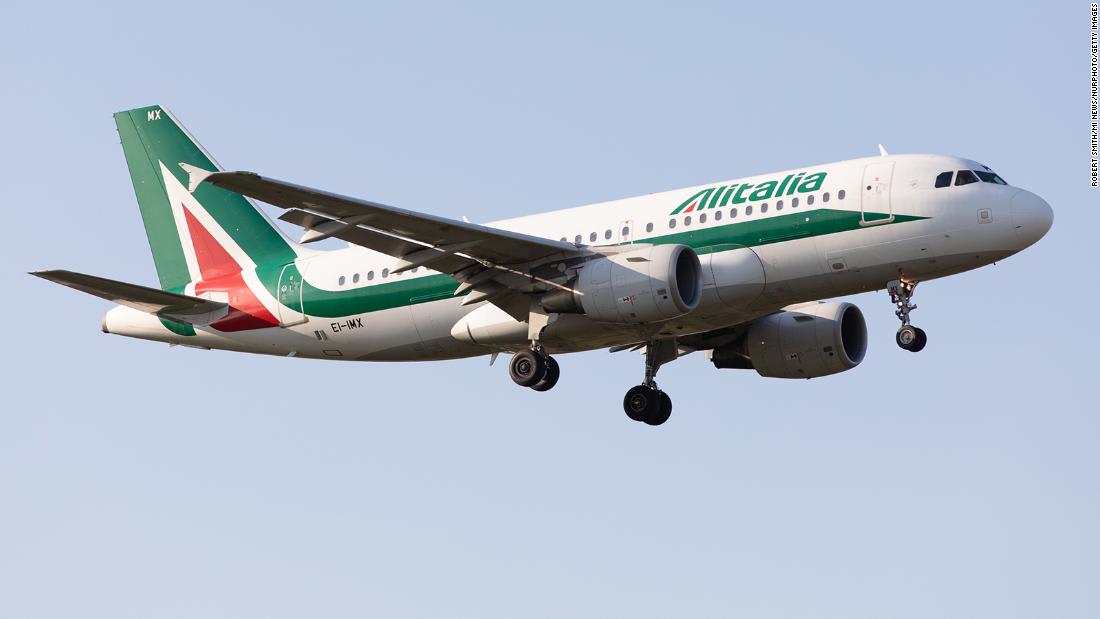A US Centers for Disease Control and Prevention committee is expected to delay a vote about how to prioritize who will receive a coronavirus vaccine first, according to a committee member.
The CDC’s Advisory Committee on Immunization Practices had been expected to vote Tuesday on a plan to guide states in deciding who should first receive limited supplies of a vaccine once one is approved.
However, that vote was delayed while the committee’s working group studies the issue further, according to Dr. William Schaffner, an infectious disease specialist at Vanderbilt University Medical Center and a member of the committee.
“The working group has not fully worked out its plan to present to ACIP today, so the CDC has decided not to ask ACIP to vote today,” Schaffner said.
Schaffner, a member of ACIP’s Covid-19 vaccines working group, said there’s general agreement among the group that frontline health care workers should be the first to receive the vaccine. He said it’s unclear whether the next group should be people who are at high-risk for Covid-19 complications, such as the elderly and those with underlying conditions, or if it should be essential workers.
Schaffner said he did not know when the working group will come up with a plan for who should get the vaccine first.
“I’m sure the states would be assisted in their planning if they could rather quickly be given a prioritization scheme,” he said.
The news of the delay was first reported by The Wall Street Journal.



